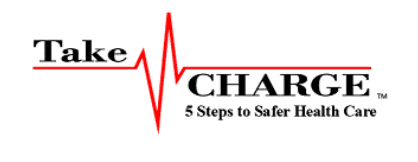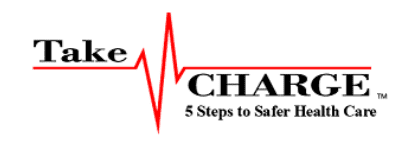By David Fielding MPH BCPA
When we think of ‘Advance Directives’, most of us prefer to put it off for another day. “I’ll get to it later.” we say to ourselves. But what if the emergency happened today and there wasn’t time to prepare? What is important to you? Does anyone know your wishes regarding care and treatment? Who will make decisions for you if you are unable to? Are they authorized to act on your behalf? Will they have access to your protected health information?
“These are important issues and considerations that all-too-often aren’t made until it is too late” says Patient Safety Advocate Ilene Corina, President of Pulse Center for Patient Safety Education & Advocacy, a 25 year veteran of the patient safety advocacy movement. “Patients will ask me, a total stranger, if I can be their advocate as they are being wheeled off to surgery!”
One Mother shared that she learned first hand the importance of having a healthcare proxy form on file to advocate for her son when his car flipped over during a cross-country trip. “The first thing we did when he got home from the hospital was complete his form to keep in his wallet!”

This isn’t rocket science, but it does require your immediate attention. Preparing your advance directives before they are needed is a necessary first step to making sure your wishes are known, understood and will be followed! They require some forethought and planning on your part. That’s why they are called Advance Directives – because they are planned ahead of a crisis!
To complete your advance directive, consider these helpful tips:
- Decide who you trust to make decisions on your behalf if you are unable to. Assume nothing. Talk to the person you designate and share your preferences with them. Make sure they understand and agree with what you are asking them to do and why.
- Complete the advance directive forms to appoint a Health Care Proxy (or Surrogate Decision-maker) based upon the laws in your state (Use the link below). Be sure to give a copy to your doctor, family, health provider and appointed surrogate or proxy. Carry a wallet card with their name and emergency contact number!
- Provide specific instructions or details consistent with your preferences. Is there any treatment or procedure you would refuse? Do you have religious preferences or objections? Have you authorized access or release of your records to your surrogate/ proxy? Are you interested in clinical trials, experimental treatments or surgeries? Would you agree to life-sustaining treatments, such as CPR (cardio-pulmonary resuscitation), intubation, mechanical ventilation, blood transfusions, antibiotics or artificial nutrition and hydration?
- In potential end-of-life scenarios, which would you prefer? Hospice or palliative “comfort” care in lieu of aggressive life-saving treatments and interventions? Are you an organ donor?
- Request a second opinion or transfer to another provider if you feel uncomfortable, unsure or disagree with the care, treatment or services offered. This may be necessary to diagnose an unknown illness or determine the best cancer treatment options available to you. Requesting a second opinion is every patient’s right! And sometimes, it’s just what the doctor ordered to get it right!
These discussions and decisions can be difficult, but the benefits of planning ahead of a crisis far outweigh the problems that arise without a clear plan, your Advance Directive!
Visit the TakeCHARGE Campaign website and use the links below for more information and resources. Or call Pulse Center for help and support!
Useful Resources:

